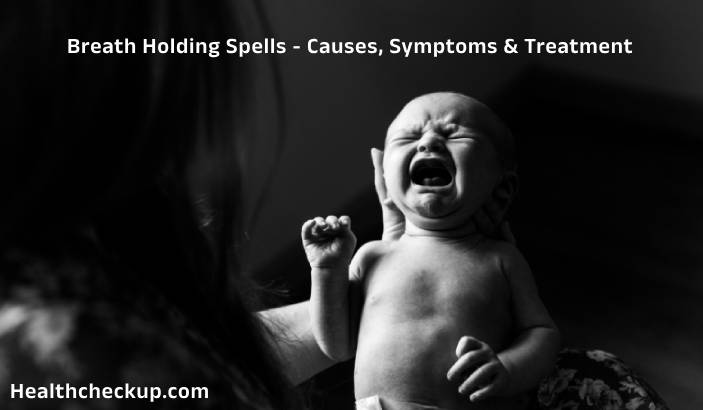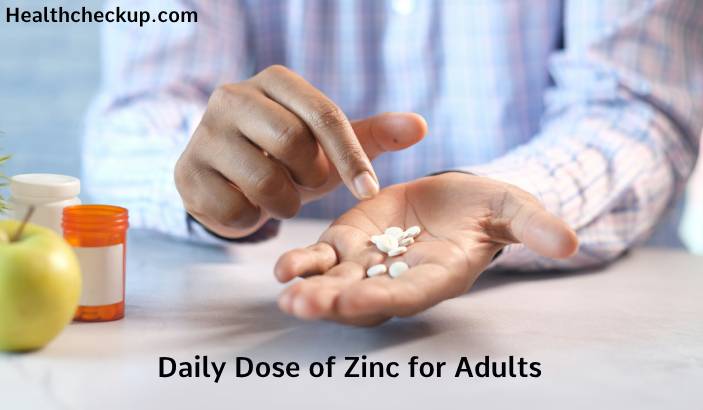Vaccines, unfortunately, still have a bad reputation in many parts of the globe to this day. One could blame ignorance and miseducation as the significant reasons for this phenomenon. Those who are vaccine-hesitant refuse to get a shot due to misinformation stemming from myths. Even when presented with concrete evidence of a vaccine’s efficacy, they would still rather avoid it.
But what are these myths that produce fear among specific individuals? Is there any truth to them? Continue reading to find out the real deal surrounding vaccinations.
- Vaccines Aren’t Needed If Everyone Else Is Immune
If you know anyone who’s avoiding vaccines, it’s best to explain the difference between vaccinated and immunized individuals to them. It’s a common misconception that vaccines guarantee immunity or are the same concepts. Many believe that if people around them are vaccinated, they don’t need a shot themselves. However, this is only sometimes the case.
Getting vaccinated doesn’t necessarily mean you’re instantly immune to a particular virus or disease. It gives you a shield against it, but it is not infallible. Some viruses can find a way to bypass your immune system and still make you sick. After you’ve recovered, you may have natural immunity from that same illness.
Some diseases can spread through person-to-person contact. If you aren’t vaccinated and interact with someone carrying a virus, you’re most likely to have it, too, even when everyone else is immune. You could then spread it to someone else who isn’t vaccinated. The only time you don’t have to get a vaccine is when you’re physically unable to or have allergies to one. In this case, you’ll have to rely on herd immunity for protection.
- Vaccines Contain Toxic Ingredients
Vaccines are made of several ingredients, with some sounding like they shouldn’t be injected into people. But the human body is already composed of substances found in vaccines, such as formaldehyde, mercury, and aluminum. These compounds are only trace amounts and do not harm you. Vaccine ingredients undergo thorough lab testing and trials to ensure a vaccine works as intended and doesn’t poison anybody.
Hence, people shouldn’t be afraid to get a vaccine, even if they contain what people consider toxic chemicals. Medical practitioners administer vaccinations in strict doses to provide a proper amount without harming anyone or reducing efficacy; therefore, your body will only receive the correct dosage to protect and strengthen your immunity.
Certain vaccines may become ‘toxic’ if they contain egg or gelatin proteins. The flu shot is one such vaccine with these ingredients that can trigger some people’s allergies. But the amount of these proteins in these vaccines is often so insignificant that they barely have a negative effect. Someone with an egg or gelatin allergy may take a flu shot. However, they can also request other options from their healthcare provider.
- Vaccines Make Babies More Sick
Sadly, many first-time parents refuse to vaccinate their newborns for fear of them getting sick or receiving chronic illnesses. While some babies get fevers after a shot, this side effect is average and expected. A fever is a sign that the immune system is responding. However, if a baby’s temperature doesn’t go down after a few days, it’s best to visit their pediatrician.
Additionally, there are no published studies linking vaccinations to long-term health issues. If it does happen, it may be an isolated case, or the child already has an underlying condition before being vaccinated.
A vaccine is meant to protect the body from the disease it’s trying to prevent. Seeing mild disease symptoms is perfectly normal, and with proper care, the child will recover eventually. You can apply other methods to strengthen your child’s immunity when they get older in partnership with their vaccines.
- Vaccines Can Be Delayed
A baby must receive their vaccinations as early as possible upon the advice of their pediatrician. However, some parents delay their child’s vaccinations for various reasons.
Infants and toddlers are more prone to infectious and potentially life-threatening diseases. Delaying their vaccinations can expose them to more risks of preventable health issues like hepatitis A and B, tuberculosis, and chickenpox. Thus, giving young children the appropriate vaccines for their age is wise.
- Vaccines Cause Mental Disabilities
One unfortunate myth that’s still widespread is that vaccines cause mental disabilities, particularly autism. Andrew Wakefield, a British surgeon, is the source of this information. In a 1997 study from the medical journal The Lancet, Wakefield suggested that the mumps, measles, and rubella (MMR) vaccine caused an increase in autism cases in British children.
However, this myth has been discredited and debunked due to ethical violations and procedural errors, among others reasons. Since then, numerous studies have been done to test the claim, only to confirm no link between MMR vaccines and autism.
- Vaccines Are Less Effective Than Natural Immunity
Some vaccine-hesitant people believe there’s no need for vaccines if you maintain proper hygiene and a healthy diet. While it’s true that vaccines can’t take all the credit, a clean environment and good nutrition aren’t always enough to protect you from viruses. In fact, many cases of fatal diseases have dwindled significantly thanks to widespread vaccination efforts worldwide.
Some vaccines are multipurpose, like DTap for diphtheria, tetanus and whooping cough, and the chickenpox vaccine for shingles. They’ve also helped lower rates of individuals contracting other contagious illnesses. Smallpox is one such disease that’s been eradicated thanks to vaccines. Therefore, if the next generations of children stop receiving vaccinations, issues like smallpox and polio may return.
Vaccinate For A Healthier Tomorrow
It’s understandable for some people to fear certain medical practices. It’s a long journey in which they need an open mind to learn and discern the truth. With proper education in schools and at home, correct information can eclipse the myths surrounding vaccinations.








